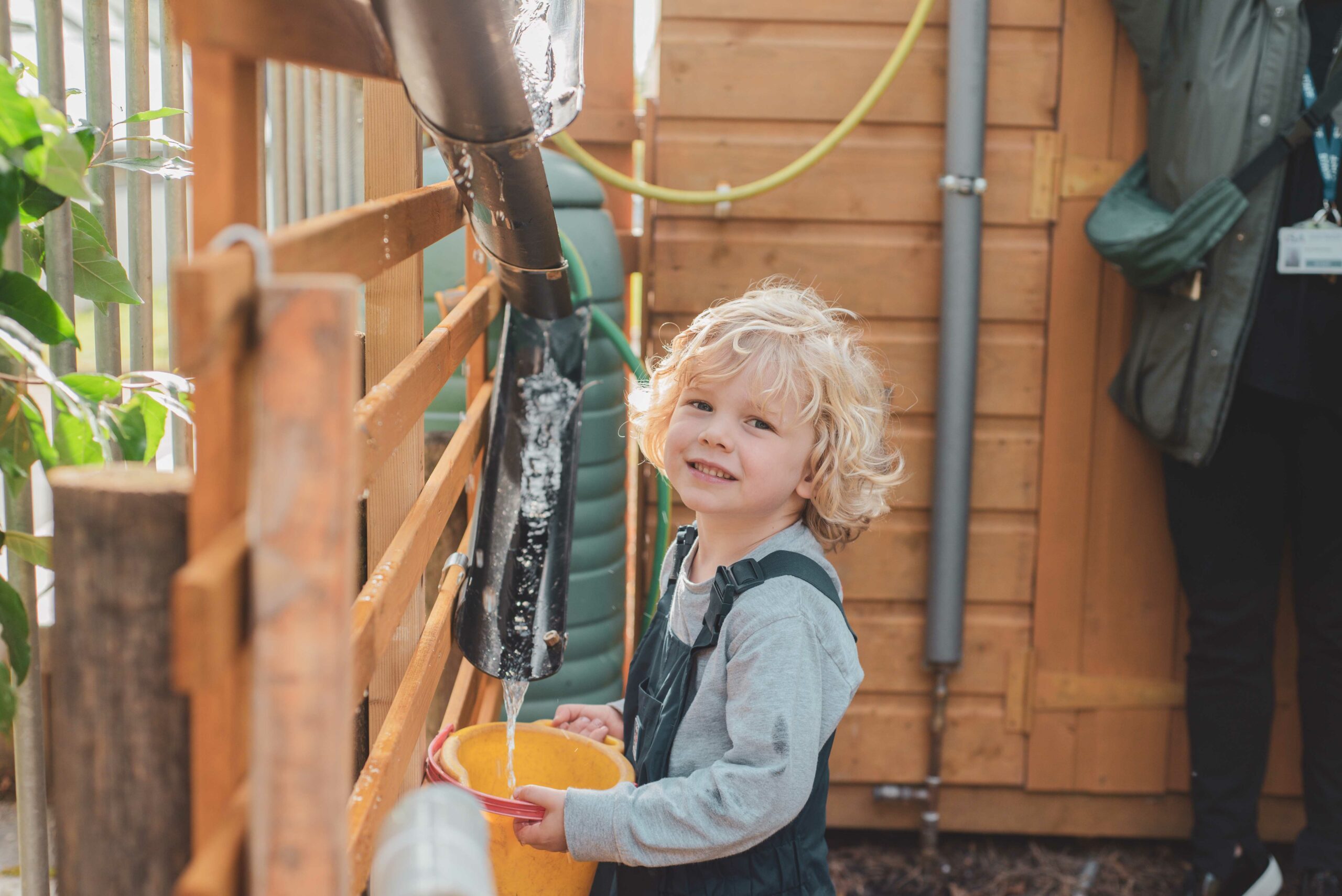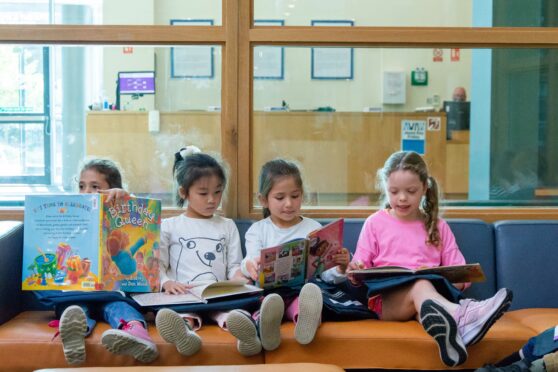Exploring the connection between work and play and how work sheets are not the answer to real knowledge, as Nick Little, Head of School at the International School of Aberdeen, explains…
From the moment we are born, our brains are hard wired to learn. We humans have a natural curiosity driven by our brain’s capacity for knowledge.
But when does learning become work?
In their first few years, a child’s brain develops more than at any other time in life. And early brain development has a lasting impact on a child’s ability to learn and succeed in school and adult life.
Yet, in spite of the fact children do most of their learning during their formative years, they don’t seem to need to work at it, in fact, they spend most of their time playing.
The definition of work is ‘any activity that you don’t want to do’. So, cooking to a chef or a parent is work; to someone who cooks as a hobby to be enjoyed, it is play.
For young children, learning isn’t work – it is something they intrinsically want to do. They are curious about the world around them, they ask questions to connect new experiences to existing knowledge.
At ISA students are empowered to take control over their own learning in a caring, encouraging and supportive environment.
Our student-centred approach focuses not on what students learn, but how students learn. First there is choice. This choice, or student agency gives students the power to take responsibility for their learning, creating independent and self-regulating learners.
I recently joined a Grade 4 class who were learning about energy and, in particular, electric circuits.
The class teacher, Mr Bertolotto, started by asking the class of 9-year-olds to “recall an interesting fact from the last lesson”.
Although it is, of course, common for teachers to start a lesson with a recap to gauge the level of understanding – this was a different sort of question – it was personal, as learning should be. It focused on what the child found interesting, not what the adult deemed to be important.
The class then spent some time talking about conductors and insulators with everyone keen to join in.
Mr Bertolotto remembered Rory’s explanation from the last class, and asked him to repeat it:
“Conductors are the friends for electricity. Insulators are the enemies,” Rory told his peers, demonstrating how he had personally connected with the concept of electricity.
What was happening here was that the students were being asked to create their own meaning of what they had learnt, instead of trying to memorise the lesson from a textbook.
Another student, Filippo, then remembered a theory he had come up with. He had created a circuit to light a bulb and Filippo’s theory was that the bulb would light. But it hadn’t.
“I didn’t know a part was plastic, and that’s an insulator, so the circuit didn’t work,” Filippo told the class.
Mr Bertolotto pointed out that in science you can still learn when you are wrong; that it is not only ok to make mistakes, but that mistakes are an important part of the overall learning process.
I am confident that Grade 4 didn’t do any ‘work’ during that lesson. One student, Harry, told me at the end, when a disappointed class heard that it was time to pack away: “That was fascinating. It feels like the electricity in our circuits makes the time go faster.”
Yes, I am pretty sure they learnt a lot.
If they had simply completed worksheets, the knowledge for most, would have evaporated the moment the task was completed. Emphasis on repetitive learning and logic alone does not engage or inspire students to learn.
In a year’s time, Mr Bertolotto’s students will still remember that lesson and I guarantee they will still be talking about circuits.

At ISA, each child is encouraged to be better than they were the day before. To “maximise potential” is to encourage autonomy and self-motivation. As a school, we are not fixated on handing out grades.
We stand for helping students understand their own capacities and how to stretch them.
Scientific research shows that learning happens best when it is done through play. ISA’s team of experienced teachers know that by engaging children through methods like humour, storytelling and group activities, their brains will adapt to produce powerful results.
For more information, visit the ISA website or register to join our next virtual open day, taking place on Friday, December 3, at 1pm.
